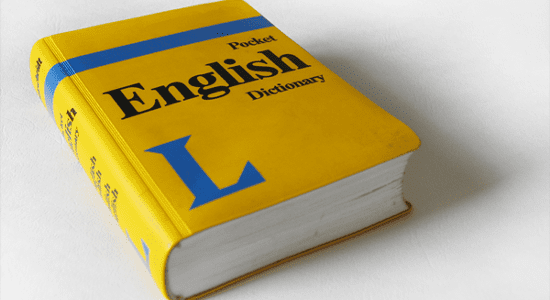The one aspect of life that remains forever constant is that everything is always subject to change. Language is no exception. This year, in my attempt to finish my undergraduate degree, I am aware of a great change in the language used by each Professor in the classroom setting. Their lectures use less of the “one-hundred-dollar words,” you usually find in scholarly papers or in an academic setting. The language used is more relatable to and derived from our current youth culture.
This change may be a progressive or positive step for academia. When learning becomes less foreign, students may be more engaged and more likely to take an interest in the subject matter. However, what words are being lost at the expense of relatability? In what way could these modern day changes hinder our vocabulary or prevent us from knowing the word which expresses exactly what we are trying to communicate? Whether a positive or negative, it remains a fact that the way we speak and the words we use are continuously changing, based on culture, economy, geography, etc.
Even the definition of a single world is in constant flux. Any attempt to ultimately stabilize language is impossible. Samuel Johnson ambitiously attempted to stabilize language with the creation of his dictionary. However, the inherent circularity in language made this a hopeless endeavor for him. There is no way to define a simple word other than using additional simple words, which in turn needs definition. Arguably, this circularity in language makes it impossible to get at the minute shades of meaning in a word.
Thus, I think that instead of prescribing language, all dictionaries do is describe the way that language has changed over time.
There is a paradox in language; whether you entertain a word’s definition or language as a whole, the one thing that remains constant is that words and language are always changing.


